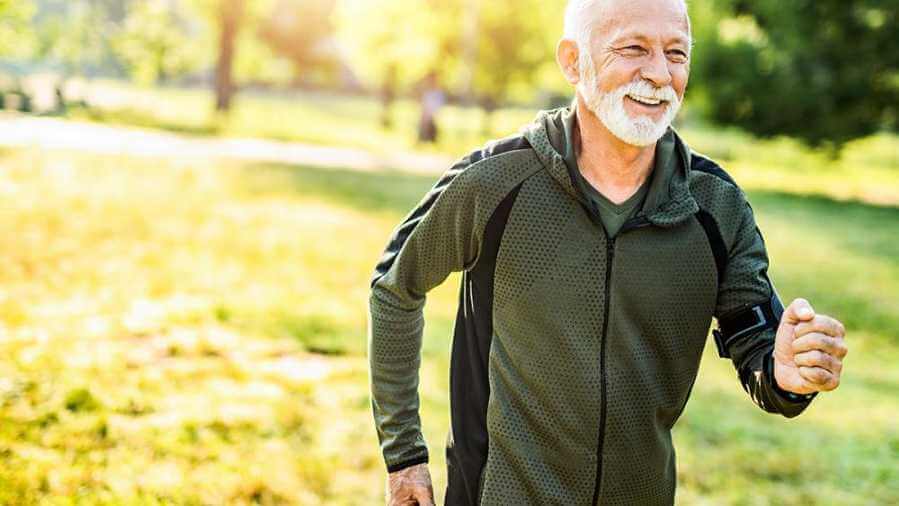Even just five minutes of moderate exercise daily could significantly improve brain function in older adults, according to groundbreaking research published in the journal Age and Ageing on April 4, 2025.
The study revealed that how older adults allocate their time throughout the day – particularly how much they engage in activities that raise their heart rate – can have a substantial impact on cognitive performance, with the most dramatic benefits seen in processing speed, working memory, and executive function.
“In this study we explored how different uses of time impact your brain. We found that higher levels of moderate-to-vigorous physical activity – that is, activity performed at higher intensities that increases your heart rate and breathing – was related to better cognitive performance,” said Dr. Maddison Mellow from the University of South Australia, one of the study’s researchers.
The investigation, conducted in partnership with the US-based AdventHealth Research Institute, analyzed data from 585 adults aged 65-80 years who participated in the IGNITE trial. Researchers used wrist-worn devices to measure how participants divided their 24 hours between sleep, sedentary behavior, light physical activity, and moderate-to-vigorous physical activity.
What makes this study particularly powerful is the researchers’ discovery of a two-way relationship between exercise and brain health: increasing physical activity improves cognitive function, while decreasing it leads to cognitive decline.
“Specifically, ‘huff-and-puff’ physical activity (like aerobic exercise) improves processing speed (how fast your brain thinks), executive function (how well you plan, focus, and multitask) and working memory (your ability to store information for short periods of time),” Dr. Mellow explained.
Perhaps most encouraging for inactive seniors was the finding that the greatest cognitive improvements occurred among participants who went from no moderate activity to just minutes per day. This suggests that even small additions of heart-pumping exercise can yield significant brain benefits.
Co-researcher Dr. Audrey Collins emphasized the practical implications of the findings: “There are only 24 hours in a day, so every day, we make decisions about how we spend our time. For example, if we sleep for eight hours, then there’s 16 hours remaining for waking behaviours like physical activity or sedentary behaviour; that’s the basic reality.”
The findings were consistent regardless of genetic factors like carrying the APOE4 gene (associated with higher Alzheimer’s risk), age, sex, or education level – suggesting the benefits of moderate-to-vigorous physical activity apply broadly across different populations of older adults.
Interestingly, the study found that not all cognitive functions were equally affected by physical activity levels. While processing speed, working memory, and executive function showed significant improvements with increased exercise, researchers saw no significant relationship between physical activity and episodic memory (remembering specific events) or visuospatial function (navigating spaces).
With global aging accelerating – one in six people worldwide expected to be over 60 by 2030 – these findings offer practical guidance for maintaining cognitive health. Activities that qualify as moderate-to-vigorous physical activity don’t require expensive equipment or gym memberships; brisk walking, water aerobics, dancing, or even energetic gardening can all provide cognitive benefits.
As Dr. Collins noted, “We hope that knowledge is power: boost your physical activity and boost your brain health to stay fit and well as you age.”
The researchers caution that while these results are promising, they represent a snapshot in time rather than changes observed over years. Further longitudinal and experimental studies are needed to confirm that increasing physical activity directly causes improved cognitive performance.
If our reporting has informed or inspired you, please consider making a donation. Every contribution, no matter the size, empowers us to continue delivering accurate, engaging, and trustworthy science and medical news. Independent journalism requires time, effort, and resources—your support ensures we can keep uncovering the stories that matter most to you.
Join us in making knowledge accessible and impactful. Thank you for standing with us!

